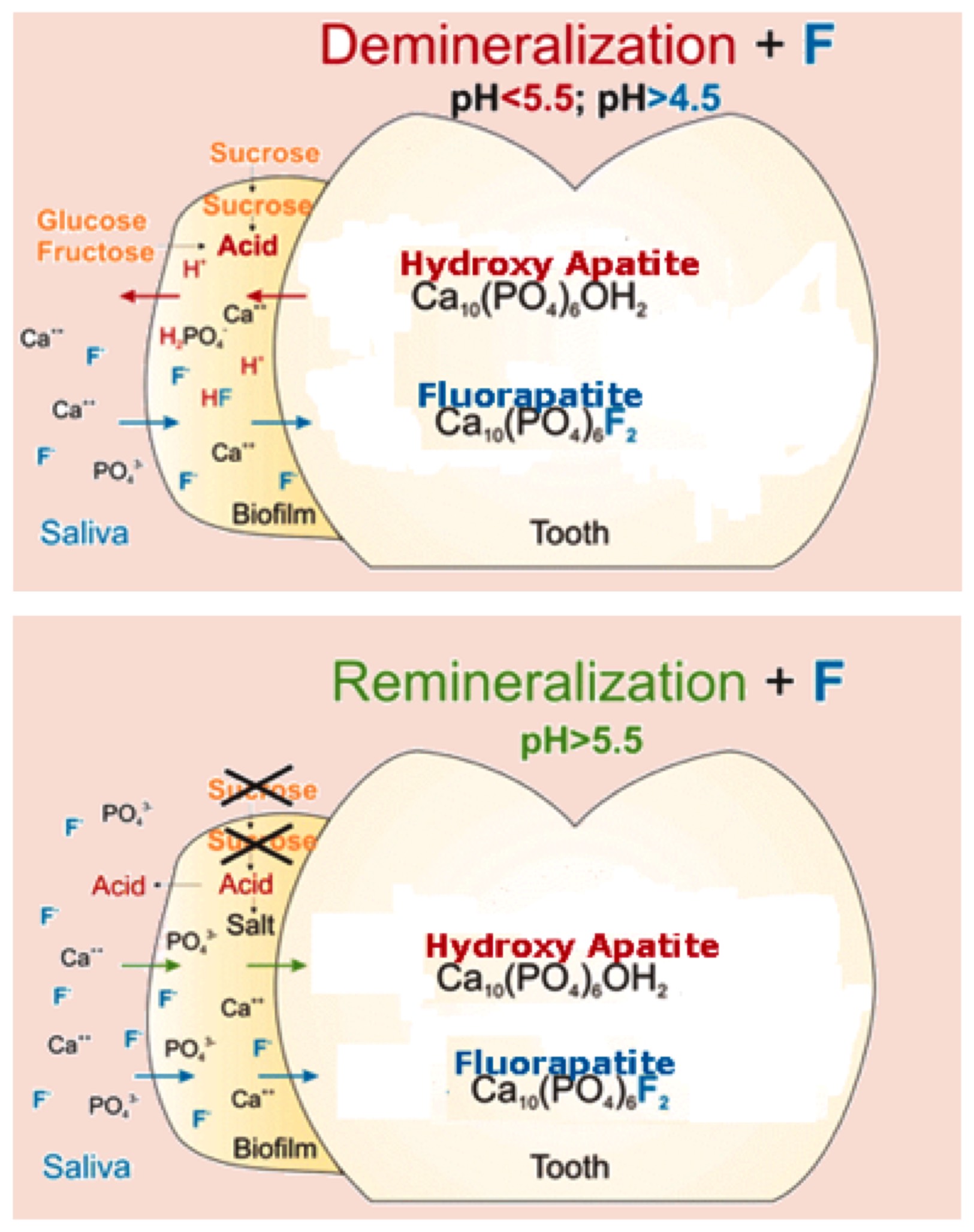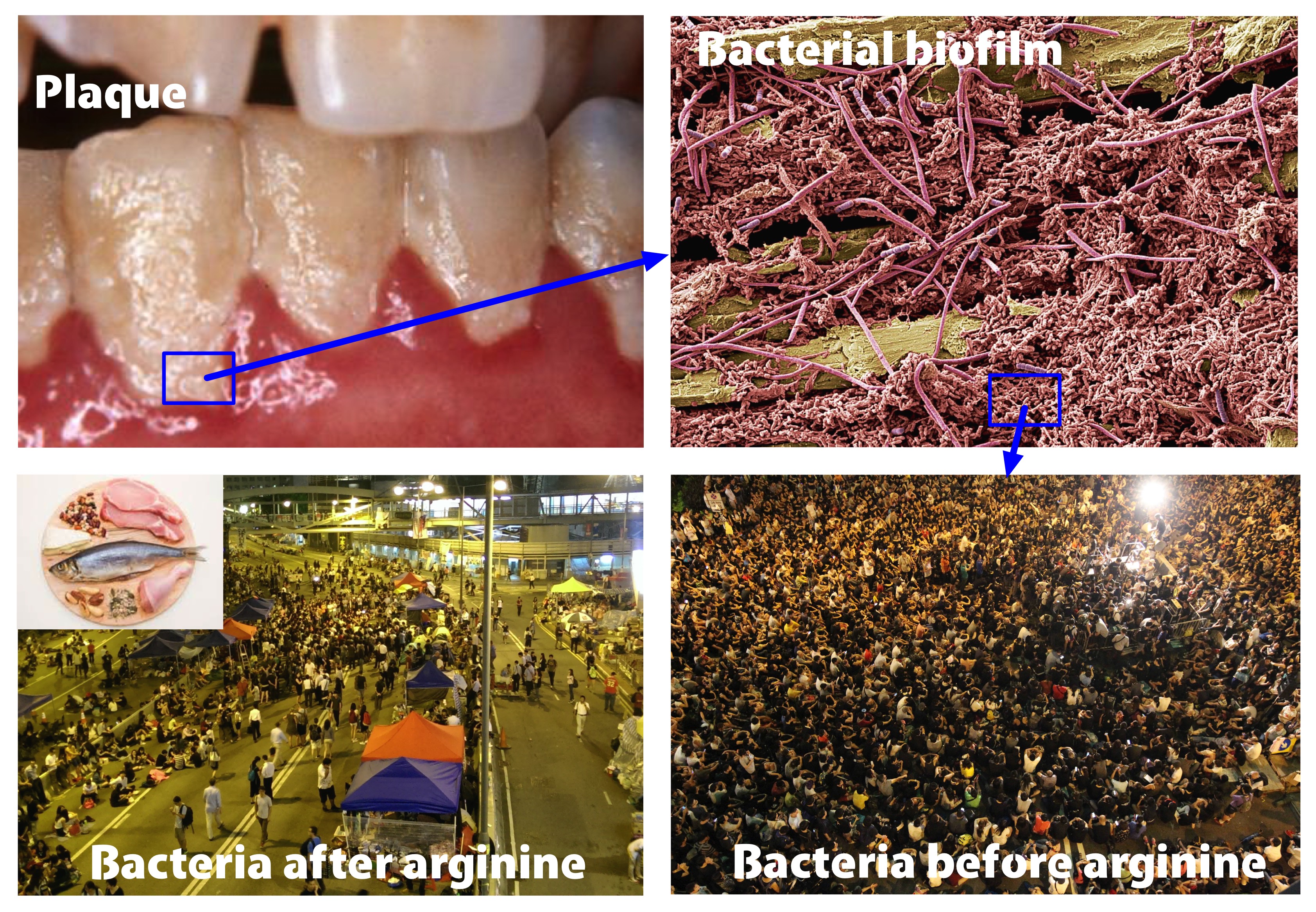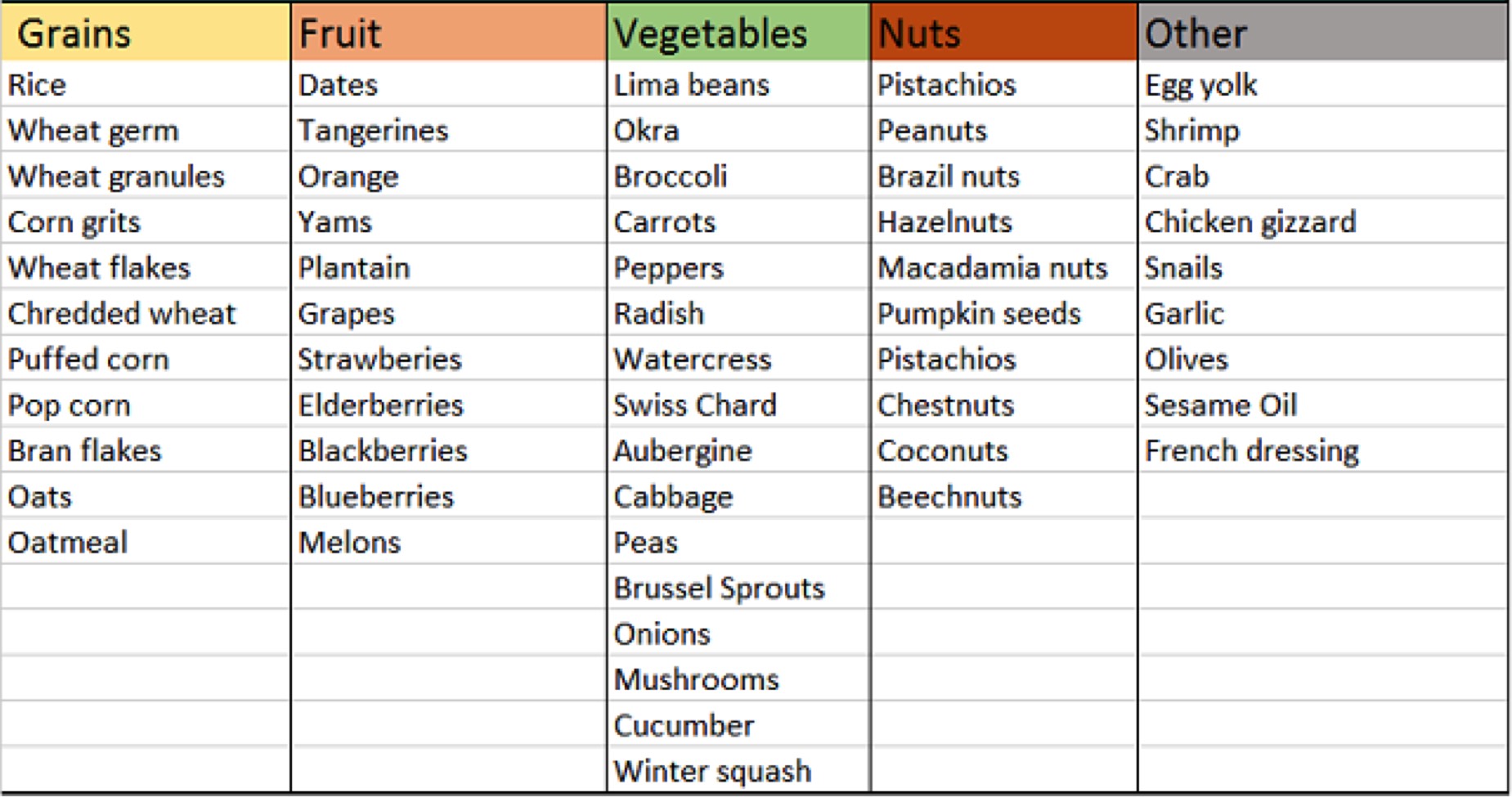My childhood dentist (who was also my employer while I was applying to dental school) always said, “Diplomacy is better than dentistry”. And while I never stopped to ask him exactly what that meant, I believe it meant that the most conservative treatment is the best treatment. Contrary to the media’s common portrayal of dentists as money-hungry salespeople that rip people off with unnecessary treatment, any time that I can avoid cutting on a tooth, I do so. It’s much better for me and for the patient to spend time talking about the best ways to brush and floss and dietary considerations to avoid getting into a situation where we have to do something to the teeth involving a drill. Every time you cut on a tooth, there are risks associated with it – the nerve of the tooth may become traumatized which could create the need for more work than originally planned. The best way to avoid cavities (and all the risks they carry with them) is to not have them in the first place.
There have been many advances in preventive dentistry. The biggest of which is probably the fluoridation of public drinking water. Fluoride makes the outer surface of teeth less prone to dissolve when exposed to acidic foods, and has some antibacterial properties. For people that are more prone than others to have cavities, prescription toothpastes are commonly prescribed to try and get as much fluoride into the teeth as possible. The teeth are in a constant state of flux where minerals (calcium and phosphate) are being pulled into and out of your teeth. If the pH of your mouth is too low (below 5.5), minerals are being pulled out of your teeth. Above 5.5, they are pulled back into the teeth. Fluoride can get pulled into the teeth and make the tooth surface harder than it was before, therefore making it less prone to dissolve in the future.

Bottom – When sugar is not present, acid doesn’t get produced, pH rises, and minerals enter the tooth surface
Equally as important as oral hygiene and fluoride, dietary considerations are part of the picture if someone is prone to getting cavities. Sweet foods should be restricted to mealtimes, when brushing the teeth is not far away. Sipping sweet drinks throughout the day should be avoided – this keeps the pH of the mouth low (acidic) and creates an environment where minerals are being pulled out of the teeth, which sets the stage for cavities to form.
So, other than staying away from sweets, what other dietary choices can we make to avoid cavity formation? Recent research has come out showing foods that contain arginine (an amino acid, which are the building blocks for proteins) can reduce the risk of getting cavities.
How does this particular building block of protein help protect you from getting cavities? Several studies have looked at this. The mechanisms include:
1.) Disrupting colonization – The phenomenon of bacteria causing cavities requires a few things to happen. It takes a certain group of bacteria working together, sugar (carbohydrates) to feed the bacteria, and a film of plaque for them to be able to stick to the teeth. Arginine seems to affect the ability of bacteria to stick together. It also may make bacteria more susceptible to attack from mouthwash.

2.) Increasing the pH of the mouth – arginine gets digested by bacteria and produces chemicals that are basic (the opposite of acidic). This can raise the pH of the mouth, which can swing the balance of mineralization back in the favor of the teeth. It can also make it harder for bacteria that thrive in an acidic environment to live. This, in turn, can make the total bacterial population on the tooth more “friendly”.
Arginine is also used in various dental products to reduce sensitivity.
Arginine occurs naturally in the saliva, but foods rich in arginine can help deliver more of it to the mouth and teeth. Foods rich in arginine include meat, chicken, fish, dairy, and nuts. See the table below for more.

While there is no dietary substitute for diligent oral hygiene, the more you know about what food choices can positively affect your teeth, the better. If you’ve had problems with new cavities being found every time you get a dental exam, start incorporating arginine-rich foods into your diet. It may help your next dental visit be uneventful.
Marc
Check out our Youtube Channel for educational videos about dentistry, our practice, and more!
